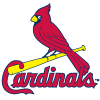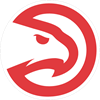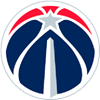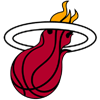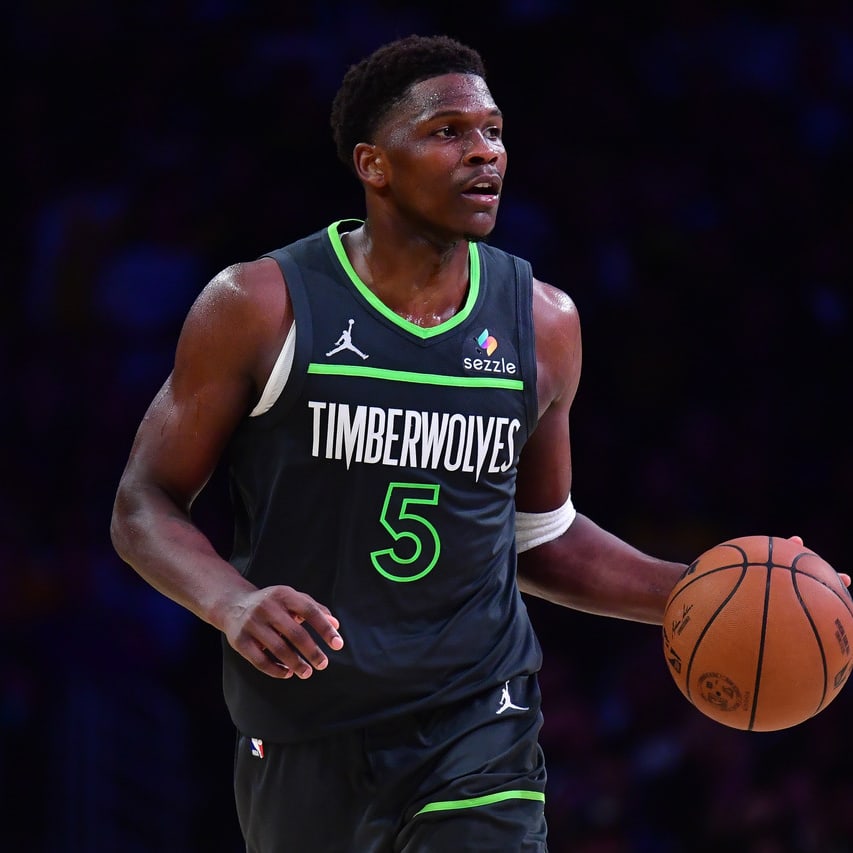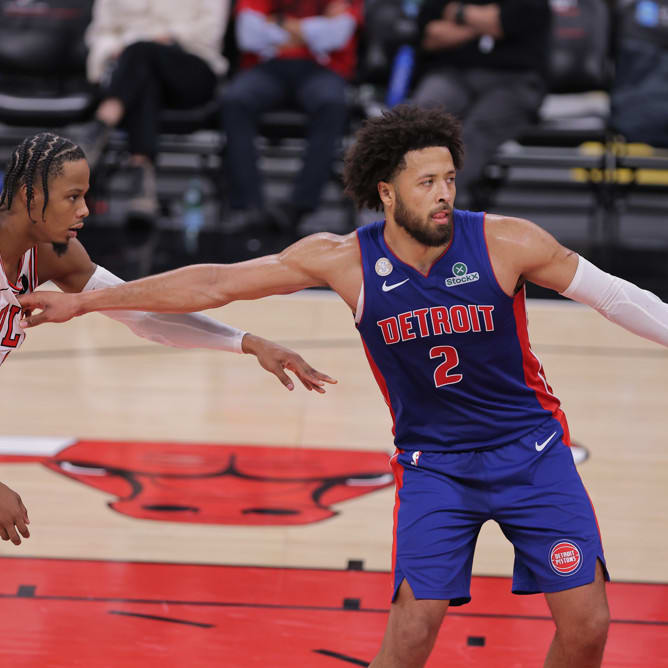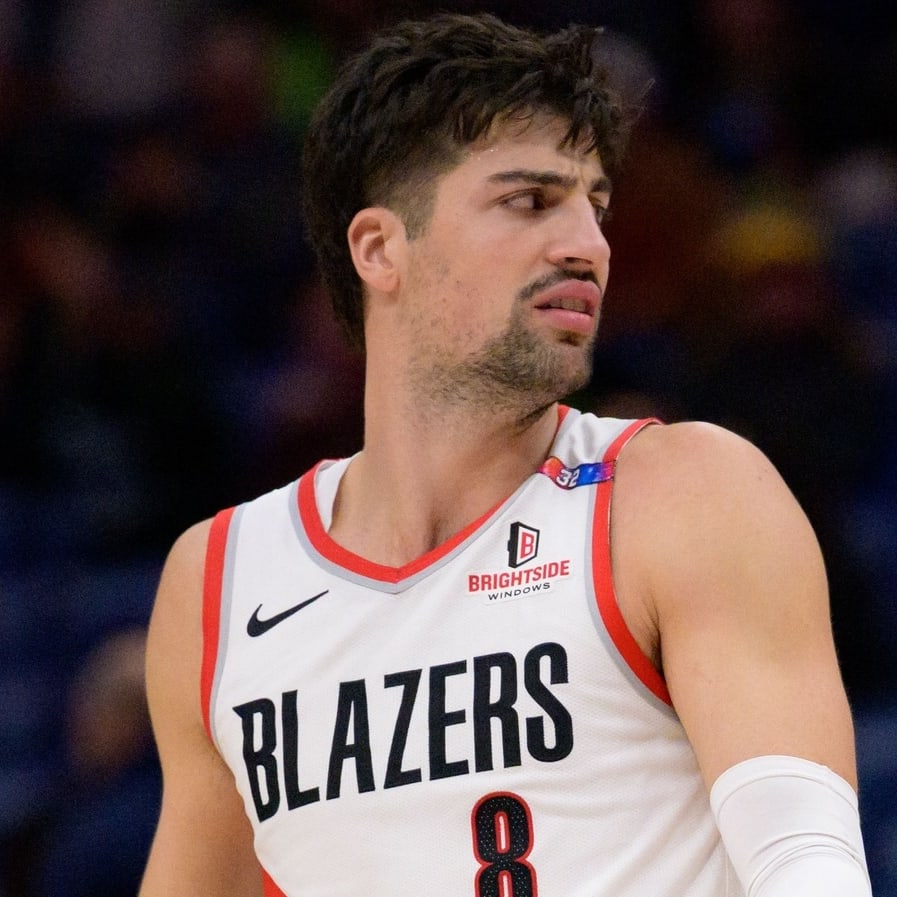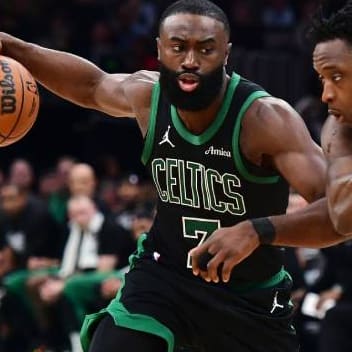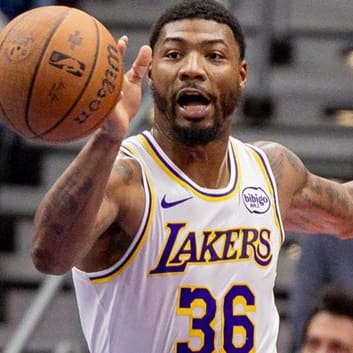With the inaugural NBA awards ceremony just around the corner, Numbers Game is celebrating by handing out the fantasy NBA awards for the 2016-17 season.
Since this is Numbers Game, we'll use math and statistics to as often as possible to determine the award-winners.
Defensive Player of the Year
Winner:Giannis Antetokounmpo, Bucks
Runner up:Anthony Davis, Pelicans
The formula for our fantasy DPoY is pretty straightforward. Fantasy defense consists of two statistics: steals and blocks. Therefore, our formula for determining fantasy DPoY is to add the two together. The award-winner is the player who leads the league in "stocks". No need to get fancy here.
Antetokounmpo edged out Davis by exactly 0.005 stocks per game. Those of you feeling sorry for Davis nearly missing (I'm confident he's an avid reader and had his heart set on this award), take comfort in the fact that, thanks to playing five extra games, Antetokounmpo soundly defeated Davis in total stocks.
Sixth (11th) Man of the Year
Winner:Danny Green, Spurs
Runner up:Clint Capela, Rockets
The real Sixth Man award goes to an NBA bench player, so the fantasy "Sixth Man" award should go to a fantasy bench player. The best bench player is a guy you wanted on your roster most of the season, but probably weren't using when your entire lineup was healthy. As such, this award goes to someone who finished the season ranked roughly between 90th and 130th overall (the first bench player in a 10-team league being the 101st best player, theoretically; 120th in a 12-team league). Within that range, we are looking for a player who was highly consistent.
Of the players who finished the season ranked between 80 and 140, and who played at least 65 games, Green had the lowest standard deviation in fantasy points. Though he isn't a big scorer, he found a way to contribute every night. He also ended the season ranked 105th overall in 9-cat, which is the perfect ranking for this award.
Executive of the Year
Winner: Vlade Divac, Kings
Runner up: Ryan McDonough, Suns
What does "Executive of the Year" mean in a fantasy setting? My answer: the best executive is the one who presents fantasy owners with clear avenues to value. We are looking for the anti-Rob Hennigan. Entering the summer of 2016, the Magic's best fantasy asset was center Nikola Vucevic. Hennigan subsequently invested heavily in Serge Ibaka and Bismack Biyombo, creating a big man logjam. Hennigan's actions undermined the value of multiple players and made for a confusing fantasy landscape.
Which teams' executives helped the fantasy landscape? The Trail Blazers acquiring Jusuf Nurkic unleashed a fantasy monster, but they did nothing else of note. The 76ers' higher-ups made Ersan Ilyasova, then Nerlens Noel, and finally Richaun Holmes into consistent fantasy producers. However, the way they handled the injury situations of Joel Embiid and Ben Simmons hurt a lot of fantasy managers.
Whether or not the Kings' moves were good for the Kings themselves, they were almost universally positive for fantasy owners. Sacramento entered the season with a relatively obvious depth chart. The Kings' draft-day trade put Marquese Chriss on the Suns, one of the best possible landing spots for enhancing his 2016-17 fantasy value. The DeMarcus Cousins trade created openings for several waiver wire acquisitions, opening the door for Willie Cauley-Stein, Skal Labissiere, Buddy Hield, and Jordan Crawford to go from fantasy afterthoughts to regularly used additions.
Most Improved Player
Winner:Myles Turner, Pacers
Runner up:Bradley Beal, Wizards
One of my biggest frustrations with NBA awards is that the MIP goes to a player who improved during the four-month offseason, not the eight-month actual-season. I'd rather acknowledge Dario Saric and Ricky Rubio for their mid-season turnarounds. In the spirit of the actual award, however, here at Numbers Game we, too, acknowledge the biggest offseason turnaround.
The formula used here is a difference-of-two-squares algorithm closely related to the one used to determine fantasy All-Stars and the fantasy MVP. The formula attempts to mathematically determine which is more valuable: improving from fifth to first, from 13th to fourth, or from 25th to ninth (the formula ranks each of those equally).
Given this system, Myles Turner ran away with the award. He improved from 120th overall last season, to 25th. That 95-spot jump was third among players in the top 200, and Turner's move was much more impactful. The algorithm scored Turner's improvement as almost twice as valuable as that of runner up Bradley Beal.
Rookie of the Year
Winner:Joel Embiid, 76ers
Runner up: Do I have to? Fine, Malcolm Brogdon, Bucks, I guess
I could create a fancy new algorithm, but I'd have to explicitly design it to punish Embiid for someone else to win. He was the 35th-best per-game player in the league this season. Brogdon, the second-best rookie, ranked 114th. After the All-Star break, with Embiid out, Brogdon moved into the top rookie spot, but at his best he never approached Embiid's production. Embiid didn't hurt in any category (except turnovers), and he was a blocks monster. While he was often out, as a fantasy manager, I always prefer sittin out to a bad game – when someone is out, at least I can sub in an alternative.
Coach of the Year
Winner: Tom Thibodeau, Timberwolves
Runner up: Brad Stevens, Celtics
Similar to Executive of the Year, the Coach of the Year goes to someone who helped fantasy managers. The most obvious and direct way that a coach impacts a player's fantasy value is through their minutes.
Thibodeau's Timberwolves led the league in the number of times any player saw at least 30 minutes. Three Timberwolves hit at least 30 minutes in more than 93 percent of their starts – only eight other players in the entire league hit that mark. On average, 4.2 Timberwolves per game played at least 30 minutes, and they were the only team to average more than four per game. Predictability like that is gold for a fantasy manager.
Most Valuable Player
Winner:Otto Porter, Wizards
Runner up:Khris Middleton, Bucks
Fantasy MVP is the player who most helped his owners win. To identify this player, we'll use an equation similar to the one for MIP, except here we are focusing on preseason costs, not last season's production. Since Myles Turner's breakout was predicted by many, despite the fact that he exceeded the expectations of even the most optimistic prognosticators, his draft cost raised too high for him to win this award.
The formula spat out three nominees: Robert Covington, T.J. Warren, and Otto Porter. Each of these guys' scores nearly doubled the fourth player on the list. Porter beats out the other two for three reasons:
His overall rank was the highest (22; Covington – 37; Warren – 66)
He played the most games (80; Covington – 67; Warren – 66)
His fantasy profile lacks gaping, painful holes (Covington – terrible FG%; Warren – few threes, assists)
But wait – why did Middleton leapfrog the other two to become the runner up? The algorithm used average draft position (ADP) to measure preseason cost, and Middleton's ADP was so low that it did not register. ESPN's, Yahoo!'s, and CBS's official public listings all stopped recording before getting to Middleton. He was out for the first four months of the season with a hamstring injury, and as a result was mostly ignored on draft day. He only played 27 games, but his production in that time put him at 63 overall in per-game production.
Estimating an ADP of 200 (that of a player picked in some 14-team leagues), he passes all three of Covington, Warren, and Porter in my "fantasy MVP algorithm". If his ADP goes any lower than that, he takes firm control of the award. Given that he only played a third of the season, placing him as the runner up felt like the most appropriate decision.










